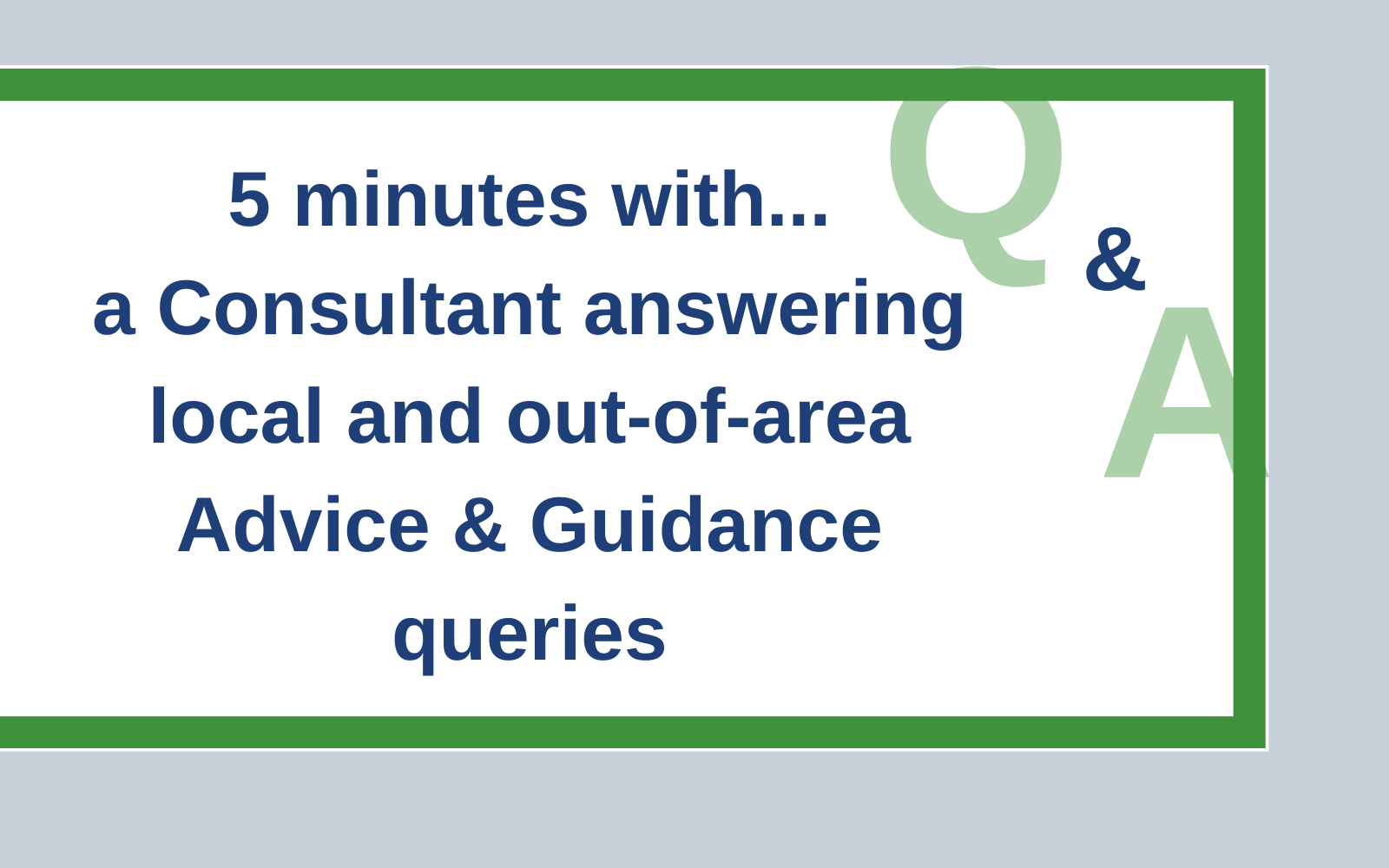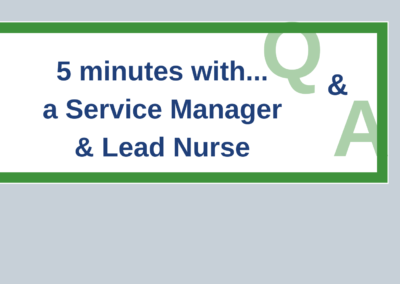We spoke with Dr Srini Bandi, Senior Paediatric Consultant and Head of Service, and Dr Steve Jackson, Consultant and Chief Medical Information Officer, from the University Hospitals of Leicester NHS Trust. Dr Bandi and Dr Jackson answer local Telephone Advice & Guidance calls from Primary Care colleagues via Consultant Connect, and they shared how this affects their everyday roles.
How is your Consultant Connect Advice & Guidance line set up in your area?
‘The Paediatric Telephone Advice & Guidance line has a rota of three paediatricians, including me, available Monday to Friday. We answer around 120 calls from Primary Care each month and, on average, 70% of those calls we answer the first time. We answer calls around our existing commitments, so, for example, if I’m covering the wards, I’m also taking Telephone Advice & Guidance calls. There may be times when we cannot answer, but we always encourage colleagues to try us again a few minutes later if they don’t get through the first time.’
– Dr Bandi.
‘I’ve taken over 2,000 calls via Consultant Connect since 2017 and my first-time answer rate is 96%. I may sound like I do nothing else due to the volume of calls I’ve taken, but the truth is I handle them in a business-as-usual manner, even during meetings. Supporting colleagues with their individual questions is important to me because our ultimate goal is to solve patient problems.
Calls in my specialty rarely exceed five minutes, typically only lasting a few minutes, making it easy to consider them normal business. I’ve done a round on the acute ward and taken five calls, and there was no problem. Everybody understood how important it was and it just delayed me by around 10 minutes, so it’s really not that difficult to fit in. But equally, if I can’t take a call, I know it will be answered by the next specialist on the rota. And I think the big advantage for me is that it always comes through as the same number on my phone, so I know it’s an Advice & Guidance call.’
– Dr Jackson.
How is your Advice & Guidance line performing?
‘The Paediatric line in Leicester has had the highest number of calls within the trust, via Consultant Connect. We are working towards bringing more paediatricians on the rota to increase the first-time connection rate. To date, 64% of calls to the line, with reported outcomes, have resulted in an unnecessary referral avoided*.’
– Dr Bandi.
What are the main benefits of using Consultant Connect?
‘GPs save time and get advice faster when calling via Consultant Connect, which improves the care of their patients. It’s a much quicker alternative to writing a letter and then sending it to the admin team, who send it to the specialty. Having a rota of specialists makes obtaining advice easy for GPs. All they need to do is simply dial a single number or use the app.
‘The educational and knowledge-sharing aspect of talking to GPs is fantastic. They learn from speaking to us, meaning if they are presented with a similar patient case in the future, they may not feel the need to contact us again.
‘From a specialist point of view, speaking to GPs gives us a better understanding of typical queries they see in the community and identifies possible gaps and training opportunities. Most importantly, it is beneficial for the patients and their families as they get the right care faster.’
– Dr Bandi.
‘For the most part, we’re contributing towards GP education. I will sometimes follow up with emails to individual GPs with links to national decision support systems, so they can learn about a particular subject if they wish.
‘Patient-wise, I get lots of people with newly diagnosed Type 1 diabetes, where the GP might see this very infrequently, and they just want some management advice. This saves an admission to hospital. In particular, it’s the Friday afternoon calls which are important because these sorts of patients will come in maybe for a whole weekend and be treated unnecessarily. In reality, we can discuss this in the space of a few minutes, get the patient managed in the community and they can go home safely with the appropriate red flag symptoms passed onto them.
‘I was speaking with a colleague who previously didn’t want to be on the rota, and he told me how much he enjoys taking the calls; it gives him a nice warm feeling at the end of the day that he’s supporting GPs and patients.’
– Dr Jackson.
Can you tell us about a recent clinical issue that a GP contacted you about?
‘I answered a call from a GP who was worried about a paediatric patient having frequent seizures and possible epilepsy. The patient had an appointment for an EEG test to look for epilepsy, but their appointment wasn’t due for a while. The GP wanted to know if we could expedite the appointment so that the child could be seen by us within a few days of having the test.
‘As a result, the query was answered quickly – they didn’t need to send a letter and await a response from the consultant or administrator. This meant they could advise the patient and their parents quickly and the appointment with the Paediatrics Team was scheduled after the EEG test.’
– Dr Bandi.
Dr Jackson also provides Advice & Guidance to out-of-area clinicians in participating areas as a member of the National Consultant Network. He told us about the difference between providing local and national advice:
‘I give the same advice because a thyroid in Leicester is the same as a thyroid in Kent, but that’s where the discussion is useful because sometimes GPs cannot do in areas outside of Leicester what they can do in Leicester and vice versa. For example, imaging requests. So, it’s great because you can have a conversation about it. If the GP says, “I don’t think I can do that”, then you can suggest an alternative way of managing that patient.
‘From a liability perspective, I feel protected by this in a way that I never did before. Previously, GPs knew my telephone number anyway, but the calls were never recorded. And I’ve had one missed cancer complaint in the past three or four years. In this instance, I went back to the recording, which is tagged against the NHS number, and discovered that my advice had been perfectly appropriate.’ – Dr Jackson.
* Data correct as of January 2022.




